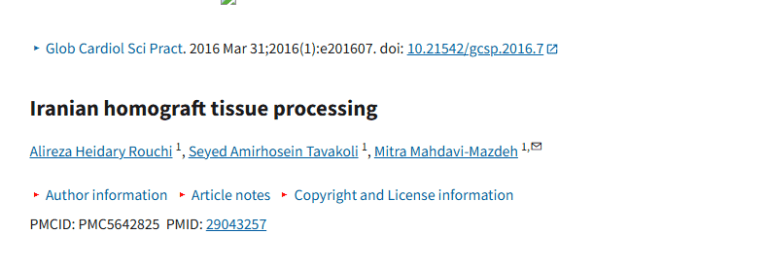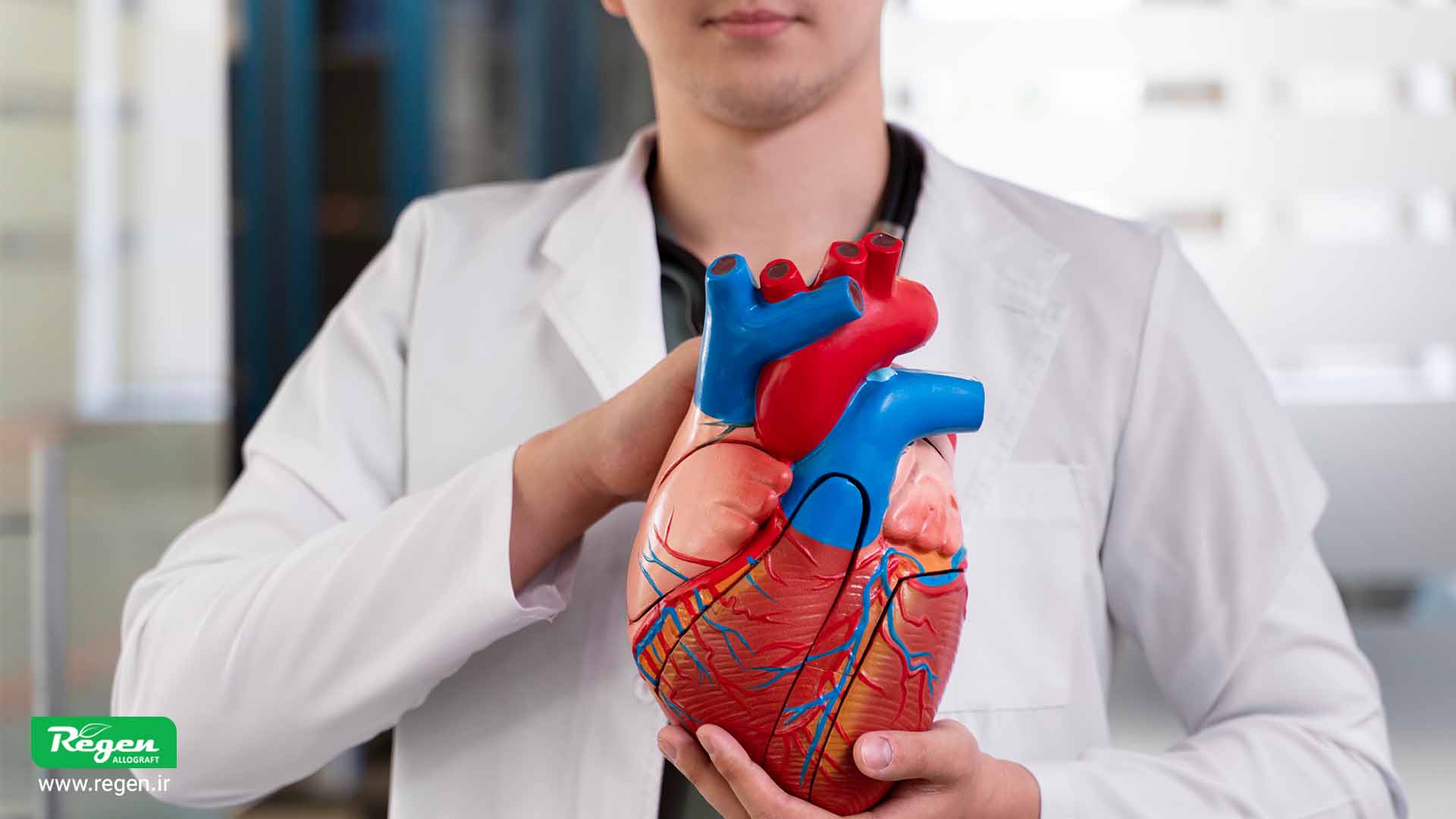Iranian homograft tissue processing

Table of contents
Alireza Heidary Rouchi, Seyed Amirhosein Tavakoli, and Mitra Mahdavi-Mazdeh
Abstract
Tissue transplantation is a life-enhancing therapeutic modality for damaged or non-functioning tissues. In most cases, there is no alternative other than human tissue as replacement, and taking into account the ever-increasing demand for tissue grafts, it makes sense to set up an establishment in charge of human tissue procurement to meet local needs. A quality assurance system, clearly defined standards, and regular audits complement the infrastructure which make this activity feasible. The process of tissue procurement consists of donor identification, consent, tissue recovery, donor screening and testing, tissue processing, preservation, packaging, labeling, terminal sterilization, storage and distribution. The transplantation of homograft heart valves remains controversial, due to the availability of prosthetic and bioprosthetic alternatives. The limited durability of homografts has not yet outweighed the advantages which this graft offers. Adherence to regulations and regularly revised guidelines improve long-term efficacy and minimizes complications or malfunction. Furthermore, the lower price of homograft heart valves and the removal of the need for a lifetime of anticoagulation therapy are noteworthy advantages of this replacement. In our practice, the proportion of homograft heart valves meeting release criteria and successfully implanted grafts were 83% and 95%, respectively.
How useful was this post?
Click on a star to rate it!
Average rating 0 / 5. Vote count: 0
No votes so far! Be the first to rate this post.
Relevant Posts

Free consultation
Do you need counseling?
The professional and specialized team at Allograft is ready to assist you



